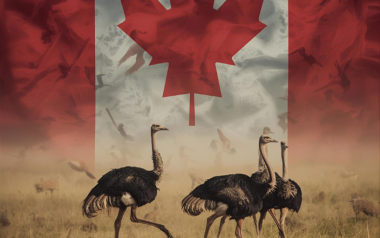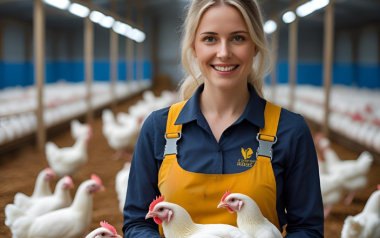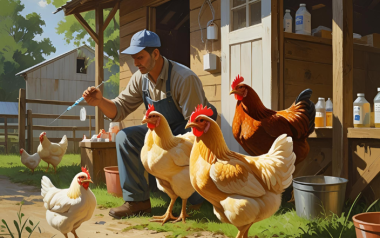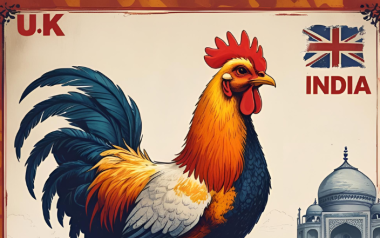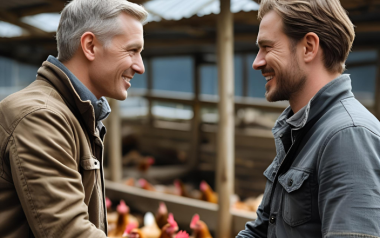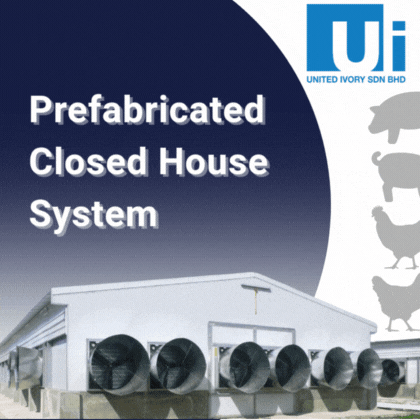Sources: Available upon request.
08 Oct 2024
More protection for the EU poultry sector is needed
The European Union (EU) poultry sector has been experiencing increasing pressure due to various internal and external factors. These challenges include fluctuating market prices, animal welfare concerns, and the threat of avian diseases.
The European Union (EU) poultry sector has been experiencing increasing pressure due to various internal and external factors. These challenges include fluctuating market prices, animal welfare concerns, and the threat of avian diseases. As a result, there is a growing consensus among stakeholders that greater protection measures are urgently needed to ensure the sustainability and resilience of this vital industry.
One of the primary challenges facing the EU poultry sector is the issue of market volatility. Global trade dynamics, coupled with competition from non-EU countries with lower production costs, have led to significant price fluctuations. This instability makes it difficult for poultry farmers to plan their production and investment strategies effectively. To address this, there is a need for robust market support mechanisms that can help stabilize prices and provide farmers with a more predictable economic environment.
Animal welfare is another critical concern that necessitates increased protection for the EU poultry sector. European consumers are becoming increasingly aware of the conditions in which their food is produced, and there is a growing demand for higher welfare standards. This has led to the introduction of stricter regulations aimed at ensuring the humane treatment of poultry. However, these regulations often come with additional costs for farmers. Providing financial support and incentives for farmers to adopt higher welfare standards is essential to balance the need for ethical production with economic viability.
The threat of avian diseases, such as avian influenza, also poses a significant risk to the EU poultry sector. Outbreaks of these diseases can lead to substantial economic losses due to culling, trade restrictions, and decreased consumer confidence. Implementing comprehensive biosecurity measures and investing in research to develop more effective vaccines and treatments are crucial steps in mitigating these risks. Additionally, enhancing cooperation and information sharing among EU member states can help improve the region’s overall preparedness and response to disease outbreaks.
Furthermore, the EU poultry sector faces challenges related to environmental sustainability. The production of poultry has a significant environmental footprint, including greenhouse gas emissions, water usage, and land use. To address these concerns, there is a need for policies that promote sustainable farming practices. This includes encouraging the adoption of environmentally friendly technologies and practices, such as precision farming, which can help reduce resource consumption and minimize environmental impacts.
In conclusion, the EU poultry sector is at a critical juncture, facing numerous challenges that threaten its sustainability and competitiveness. Greater protection measures, including market support, animal welfare incentives, biosecurity enhancements, and sustainability initiatives, are urgently needed to ensure the long-term resilience of this important industry. By taking proactive steps to address these issues, the EU can safeguard the future of its poultry sector and continue to provide consumers with high-quality, ethically produced poultry products.






